
As we enter our 50th year of service, we continue to sharpen our strategies for change as we execute winning programs and provide lifesaving care. With an ambitious theory of change in place, our organization began to ask – how do we make our vision real in the next 3-5 years when facing significant challenges to our survival? And how do we ensure that Feminist Center lasts another 50 years into the future? We began to answer this question by engaging in organization-wide strategic planning with an eye toward financial sustainability and business development. The question of how we fuel our work continues into this year and beyond. But one thing is certain: our communities need compassionate, affordable services and community-led programs that build power. And we are committed to providing it for years to come.
Instead of telling you how we are winning, I will tell you that we are working. We are bridging and building, we are plotting and planning, we are imagining and reimagining, we are connecting and collaborating, we are learning and unlearning, we are deconstructing and decolonizing, we are resting and resisting.
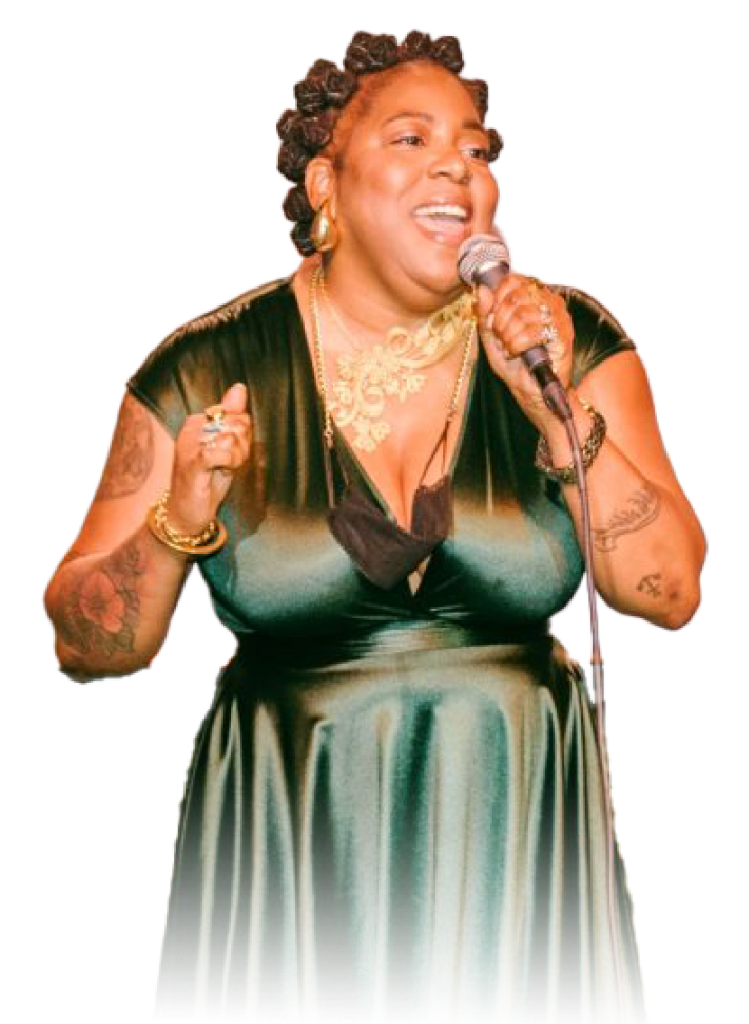
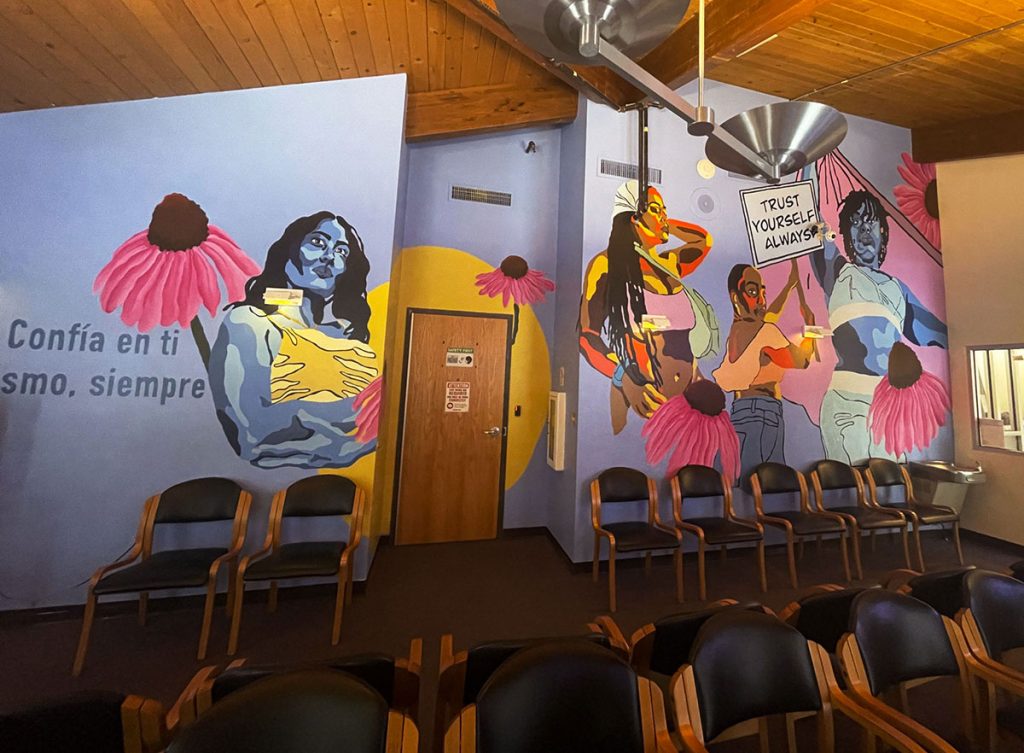





Over the past few years, we have embarked on an organizational transformation to more deeply embody reproductive justice values, grounded in frameworks that center Black feminism and trans and queer liberation. As part of that work we have taken concrete steps to align our work with these values, starting with rewriting our mission and vision statements to incorporate our refined and strengthened values.


Feminist Center is a reproductive health, right, and justice organization. We provide reproductive health care including abortion and we engage in movement building with people across all axes of oppression so that we have the rights, resources, and respect to make empowered, informed decisions about our own bodies and health.
We envision compassionate, judgment-free healthcare, abortion access, and bodily autonomy for all who need it, intentionally centering Black people, Indigenous people, people of color, and the TGNC+ community. We imagine a clinic, legislation, and communities where decisions about our bodies, pregnancy, sexuality, family, and safety are honored, protected, and treated with dignity.
Over the past several years, we have been fortunate to speak, collaborate, and conversate with dozens of publications both locally and nationally. We have continued to spread reproductive justice rhetoric wherever others may listen and show curiosity. Each opportunity has given us a chance to connect with Black and Brown communities touched by the reproductive crisis this country endures.
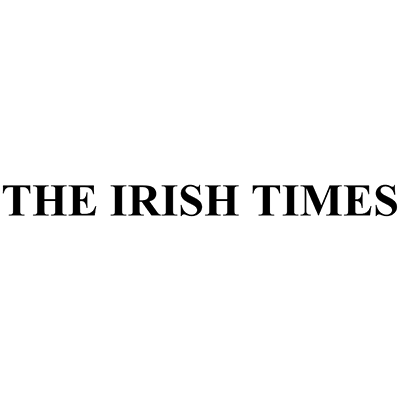


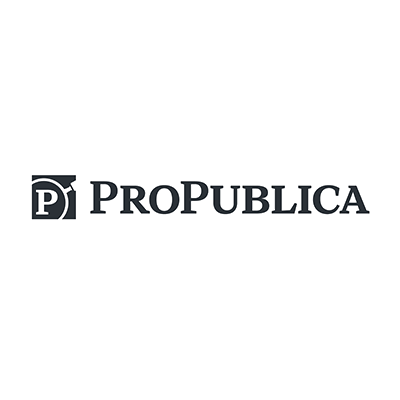










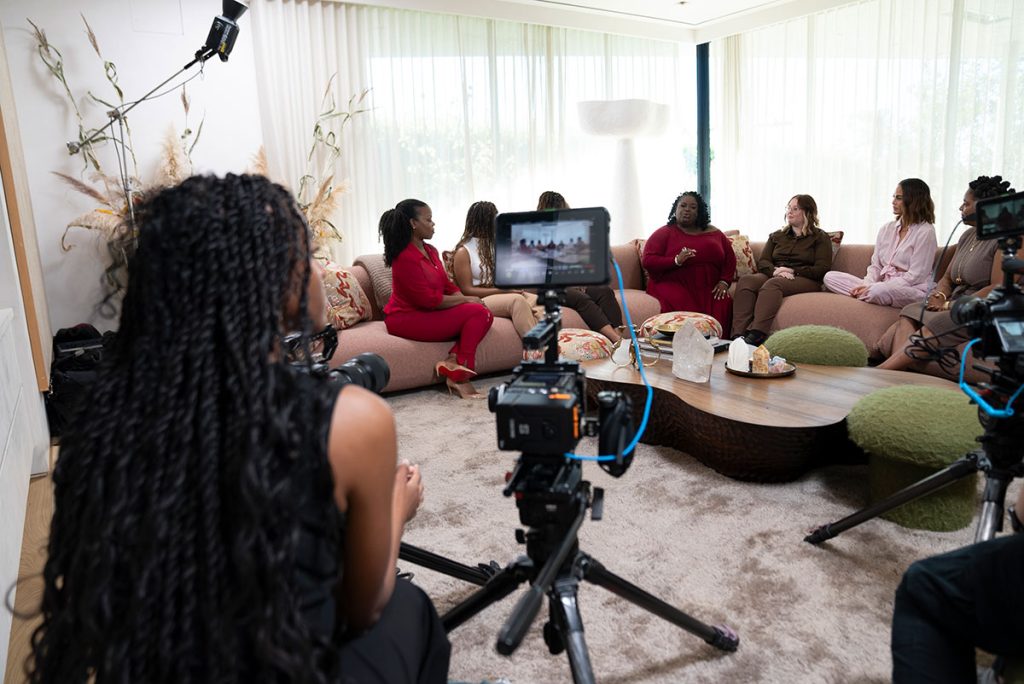
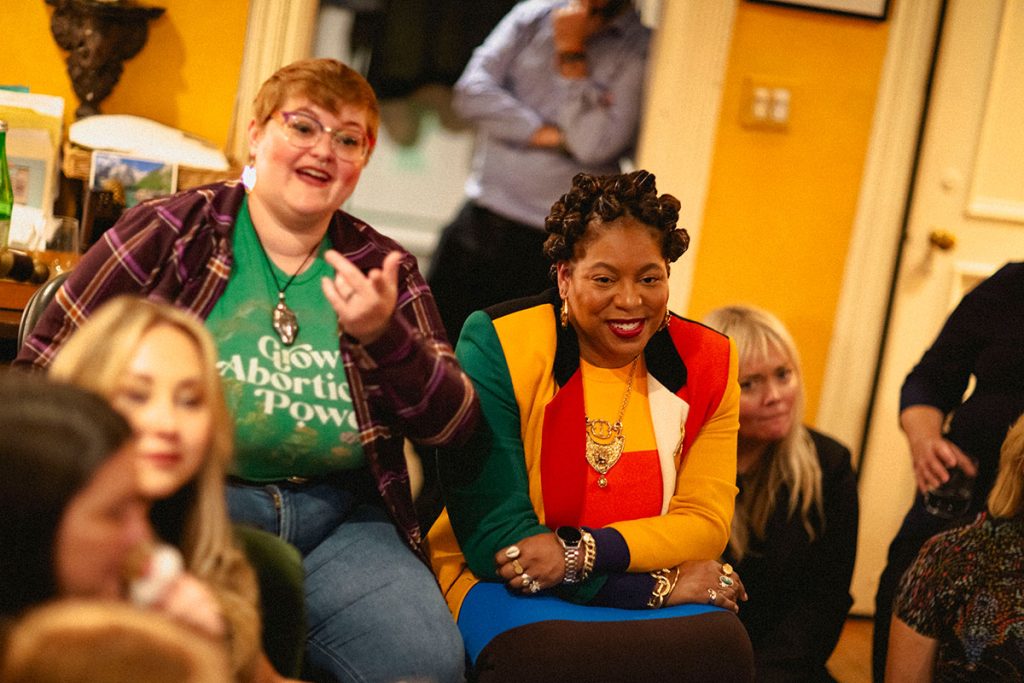
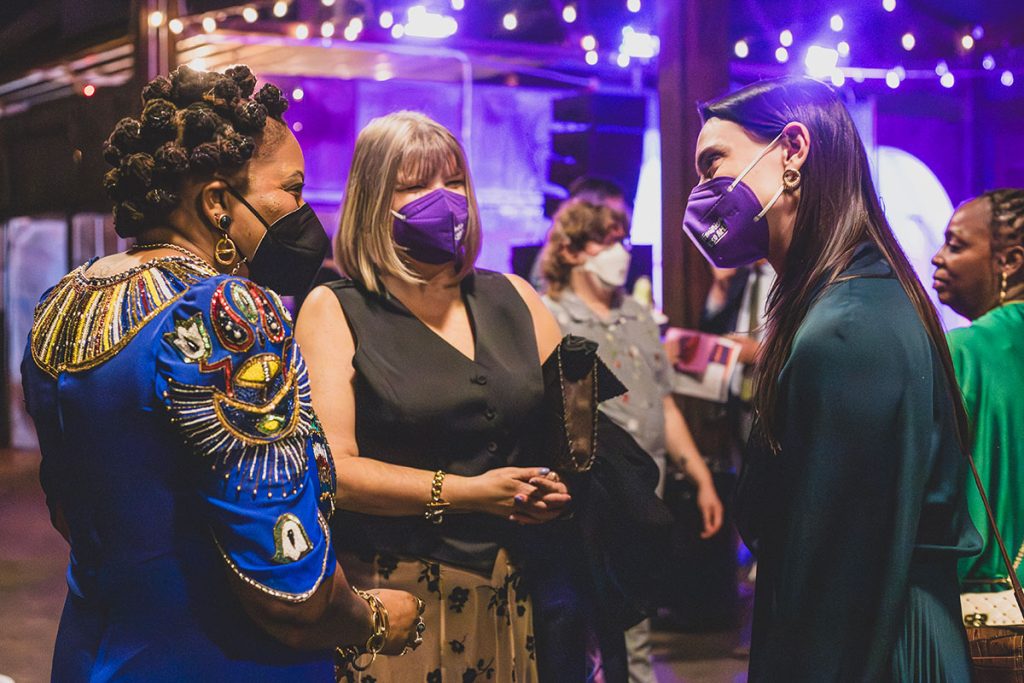
Our reach on the interwebs certainly saw a decent sized jolt thanks to our collaboration with multihyphenate, Chrissy Teigen. She made the courageous choice to invest deeper into her understanding of reproductive freedom and how independent organizations like ours shoulder the majority of patients in search of reproductive healthcare. By volunteering to initiate a conversation on social media around Feminist Center and community partner ARC-Southeast’s independent efforts to champion reproductive liberation, Teigen single handedly propelled both our organizations further into the public arena.
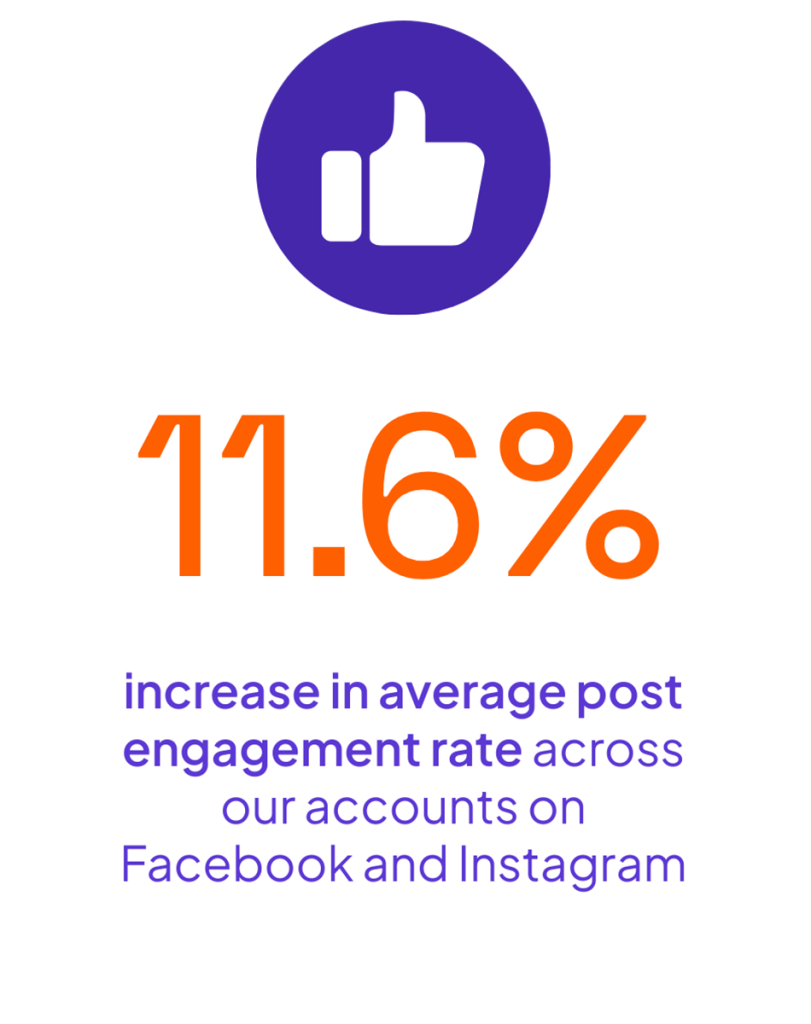
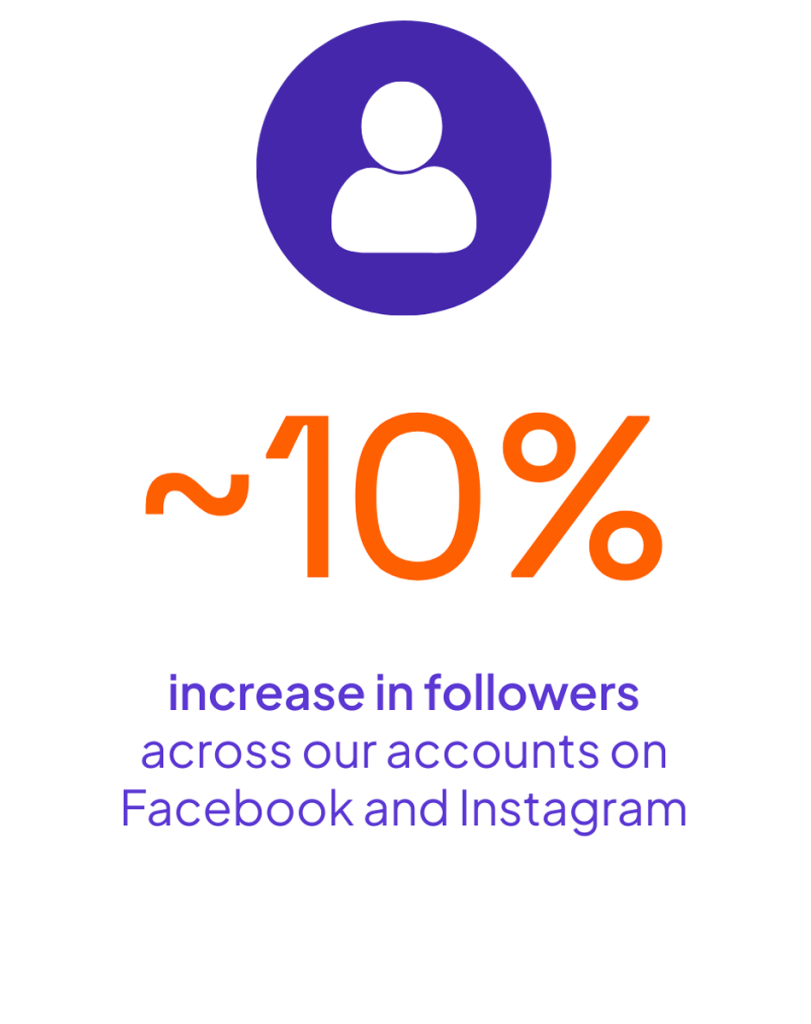
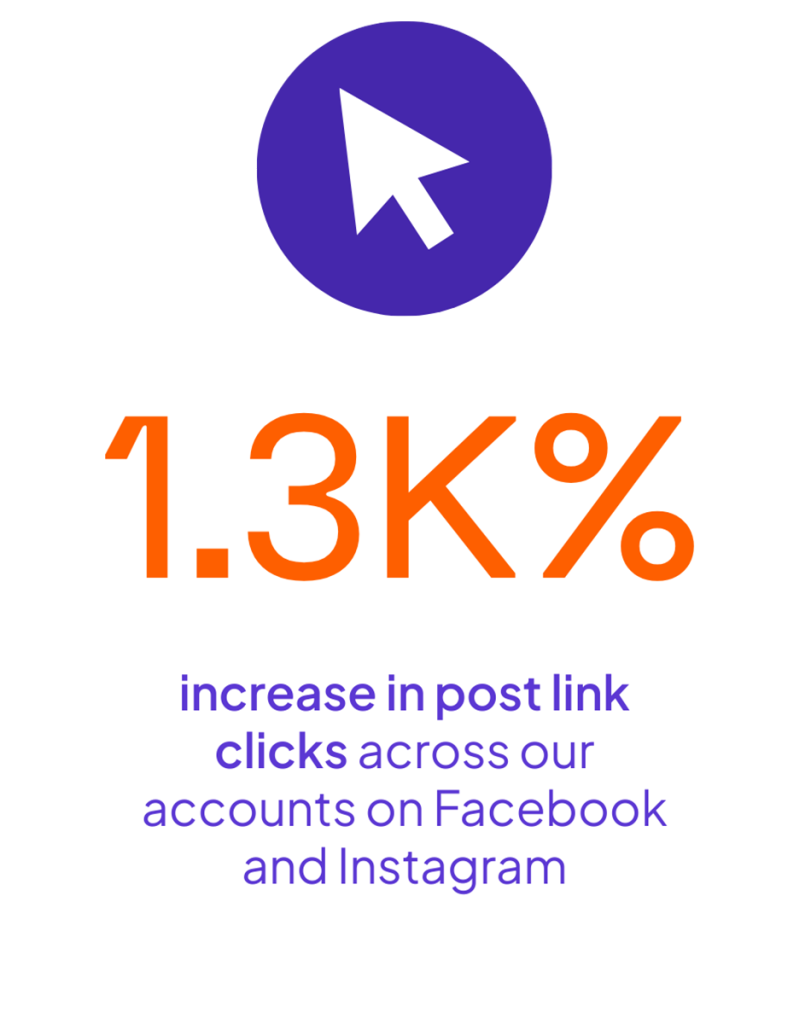
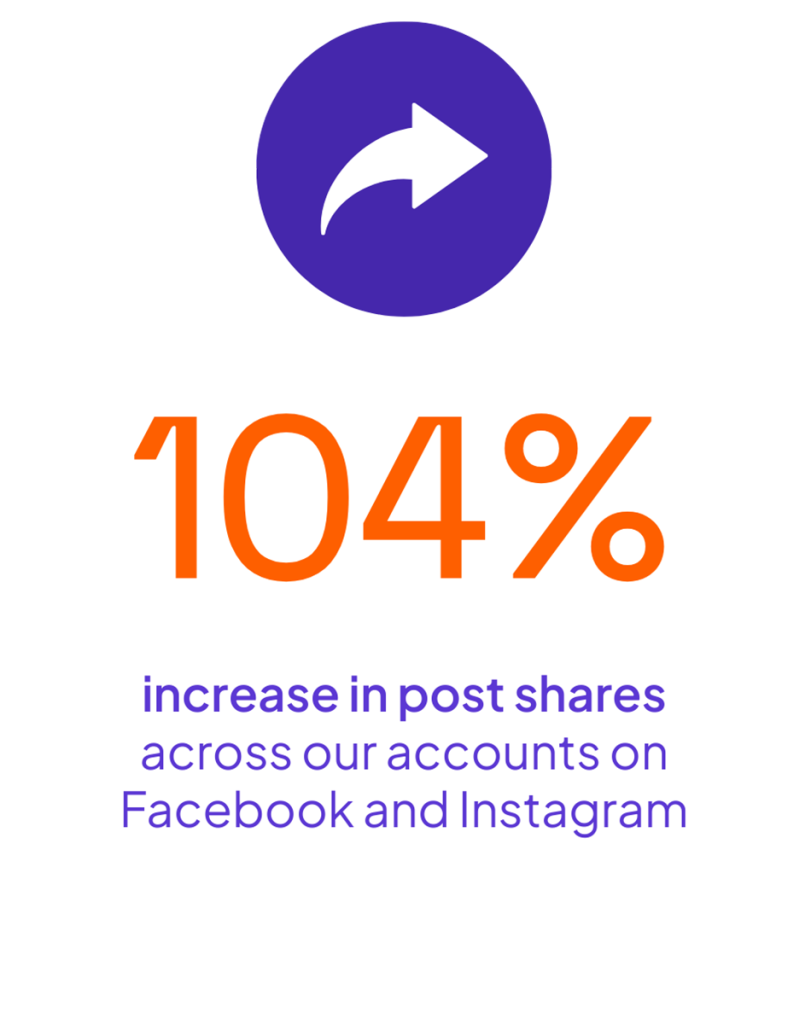
The past few years have been full of change as we have expanded our services and adjusted our physical clinical space to meet our new mission and vision, all while pivoting our abortion care offerings in response to Roe v. Wade’s overturning. Our ability to address community needs and shifting legal landscapes is one of our greatest strengths, and we are immensely proud of how we have continued to provide care in Georgia despite unprecedented challenges.
Some of our victories from 2024-2025 include:
Expanding our reproductive healthcare to include postpartum services for prospective and past patients
Further beautifying our clinic with the assistance of local artist, Steffi Nicole, who commissioned an abstract mural in our community room
Investing in focus groups to better gauge what members of our community are hungry for us to provide
While our services have expanded and we are affected by a 6-week ban, we remain deeply committed to providing care to patients who need it most. Check out the charts below to learn more about our patient base.
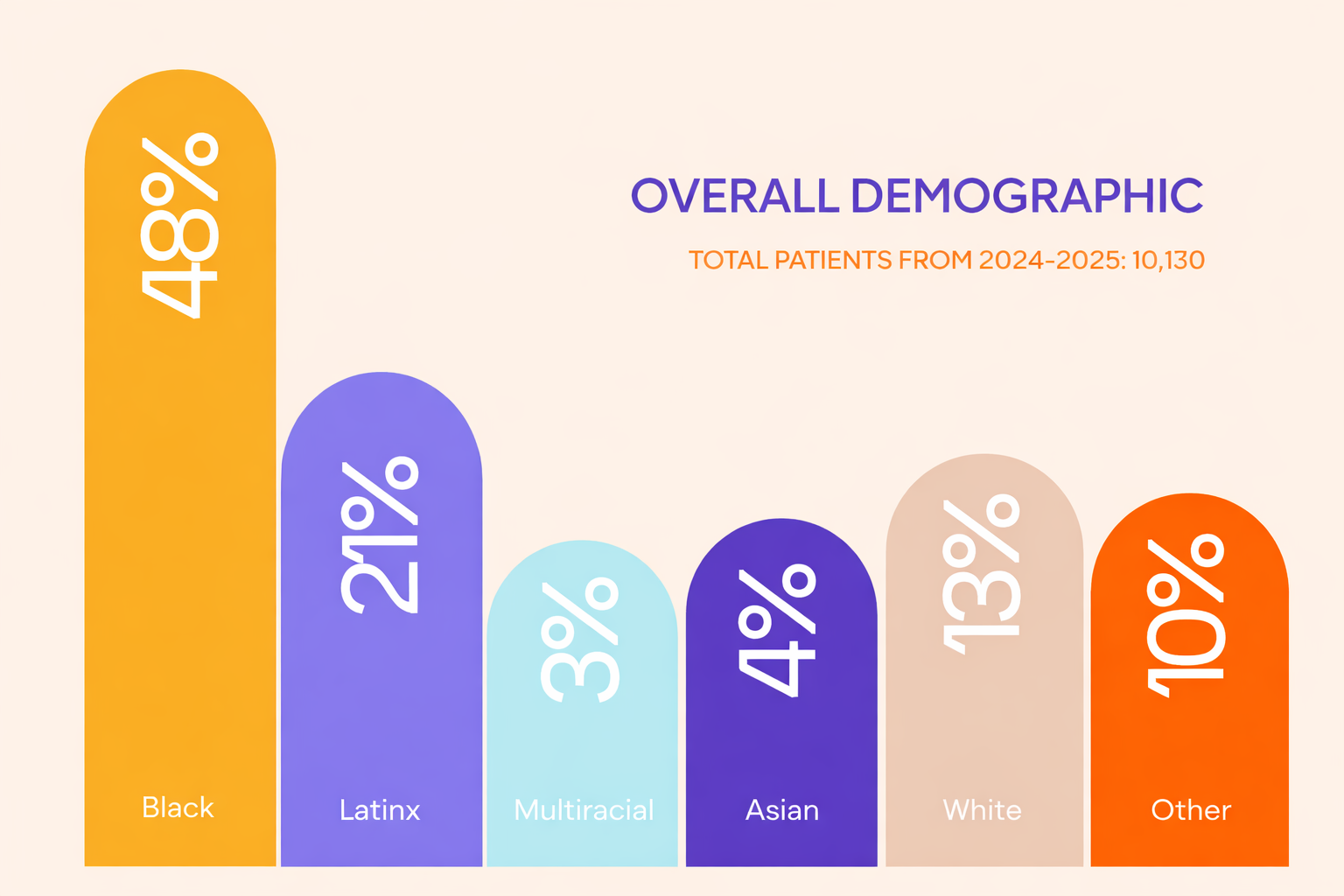

WHAT OUR PATIENTS SAY ABOUT US
In 2024-2025, our CEAN (Community, Education, and Advocacy Network) department invested an even greater amount of time into our dedicated community. Staff from our Lifting Latinx Voice Initiative (LLVI) developed leaders within the community by empowering them with legitimate reproductive knowledge and healthcare.Our arm dedicated to volunteer work, Leadership Development, was also able to offer young activists the opportunity to gain priceless experience and know-how through our annual Errin J. Vuley Fellowship. Our remaining two programmatic offerings, Legislative Advocacy as well as Civic Engagement & Organizing, shared similar goals in getting members of our base activated both within the confines of the Georgia State Capitol and on a more micro level–our immediate communities. Click below to see the unique wins of each offering.
Lifting Latinx
Voices Initiative
Civic Engagement
& Organizing
Lifting Latinx
Voices Initiative
Civic Engagement
& Organizing
“Being on the Feminist Center board allows us to be a part of an organization that embodies the principles of Reproductive Justice in its practice.”
AARTI SHARMA
Vice President of Policy & Strategy, redefinED Atlanta
Board Chair
LANGSTON WALKER
Former Director of Prevention, Georgia Network to End Sexual Assault (GNESA)
Board Chair Emeritus
DABNEY EVANS
Associate Professor & Director of Graduate Studies, Hubert Department of Global Health Rollins School of Public Health – Emory University
ALKA KUMAR
Physician Assistant, One Medical & Carafem (PA)
Co-Vice Chair
JAIME ROBERTS
Attorney, Law Offices of Bruce Harvey; Volunteer, Trans Housing Atlanta Program INC
Secretary
CHERRY WONGTRAKOOL
Associate Professor of Medicine, Emory University
Treasurer
BRETT BRADSHAW
Family Nurse Practitioner, Centro Internacional de Maternidad
Director
WHITNEY RICE
Rollins Assistant Professor Department of Behavioral, Social and Health Education Sciences – Emory Rollins School of Public Health; Director, Center for Reproductive Health Research in the Southeast (RISE)
Director
NIKKI RADFORD
Environmental Scientist, US, EPA
Director
CYNTHIA PADILLA PEARSON
Program Manager, Atlanta Volunteer Lawyers Foundation
Director
ANGELA BROWN
Executive Director, First African Community Development Corporation
Director
DOUG HERD
Employment and Education Services Coordinator, Skyland Trail
Director
ARIANA Santiago-Thomas
National Black Child Development Institute, Director of Communications
Director
Subasri Narasimhan
UCLA Center on Reproductive Health, Law and Policy, Research Director
Director
Candice Crawford
Me Too Movement, INC, Director of Operations & Finance
Treasurer
Maria Castan
Castan Lecca & Boeschen, Business Development
Director

In 2024-2025, we mobilized a record number of donors and grantors to support our cause. Notably, we worked with two consultants, Nikki Morse LLC and Lunoor Consulting’s Sara Totonchi to apply our transformative development practices to create winning fundraising plans that grow our donor programs and better ensure our organization’s long-term financial sustainability.
